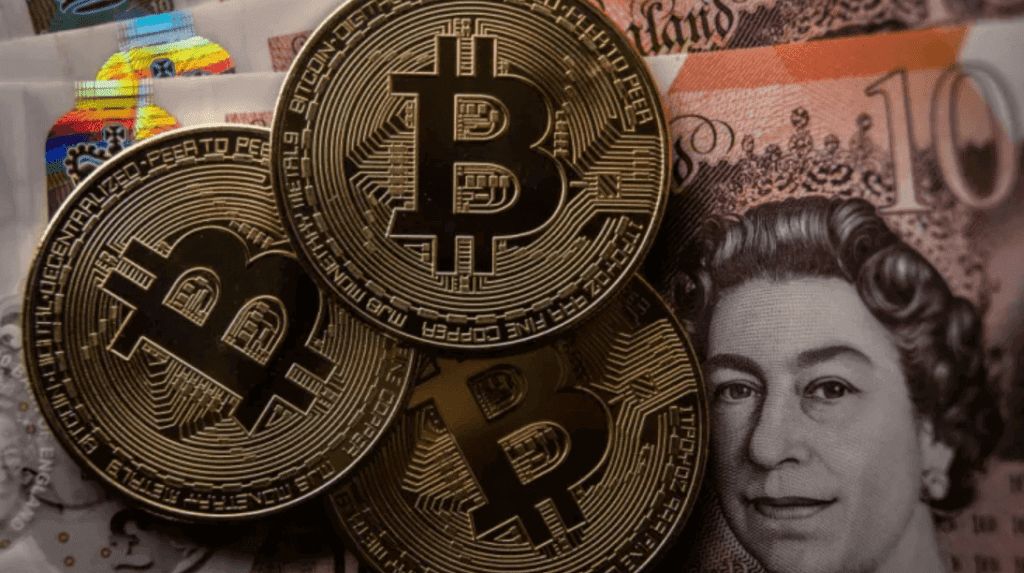TL;DR
- The UK plans on integrating stablecoins like USDT and USDC in the real economy, bringing them to retail payments and online purchases.
- This comes as the UK struggles to establish itself as a prominent center for digital assets, becoming Europe’s primary financial hub.
UK Transforms Stablecoins into a Viable Payment Method
The UK is unveiling plans to integrate stablecoins into the real economy as a viable payment method for goods.

The Bank of England and the Financial Conduct Authority (FCA) are jointly presenting these proposals.
The key points of these proposals involve the Bank of England directly overseeing the organization behind the stablecoin.
Additionally, stablecoin issuers must demonstrate their strategies for managing redemptions, especially during financial stress.
These initiatives represent the UK’s ongoing efforts to establish itself as a prominent center for digital assets. This comes in response to concerns that Brexit could endanger London’s position as Europe’s primary financial hub.
UK Plans to Regulate Crypto As Soon As Possible
Recently, the Treasury shared its response to a consultation on crypto regulation in the UK.
As per the government’s plans, stablecoins will be subject to existing regulations governing traditional payment service providers.
Recent developments, including the collapse of FTX, influenced this decision.
However, it’s worth noting that stablecoins have frequently struggled to maintain parity with traditional currencies.
Notable instances include the de-pegging of the Terra stablecoin project, which triggered a major crypto market crisis in May 2022.
Circle’s USDC also experienced a substantial drop in value in March 2023 after revealing a $3.3 billion exposure to SVB.
No existing stablecoin aligns with the criteria proposed by the Bank of England because they are used in crypto payments.
Nevertheless, this situation could evolve rapidly, especially if businesses grow quickly or if stablecoins establish partnerships with existing companies.
What Will The Consequences Be?
The impact on end users resulting from the UK’s proposals to integrate stablecoins into the real economy is multifaceted.

On the positive side, consumers may benefit from faster and more cost-effective payment options for everyday goods and services.
Stablecoins can potentially streamline transactions, reduce fees, and enhance inclusivity, making it easier for individuals to participate in the economy.
However, these benefits come with potential risks.
Given the challenges that stablecoins have faced in maintaining their value, users might be exposed to price volatility.
Moreover, the need for stablecoin issuers to manage redemptions during financial stress could impact users’ access to funds.
Ultimately, the impact on end users will depend on the effectiveness of regulatory oversight and the stability of the stablecoins.
Do you think this could boost the overall adoption of crypto?







